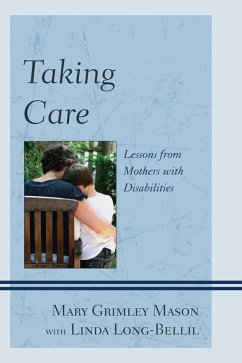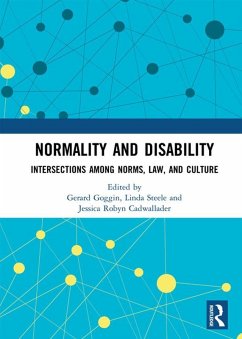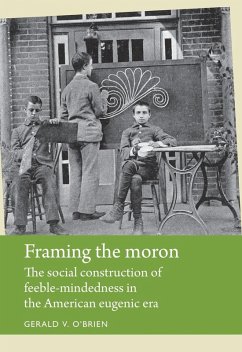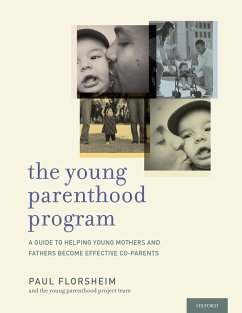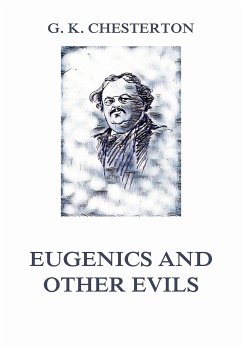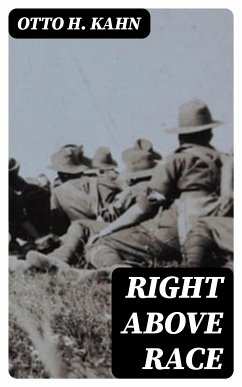
Parenthood and Race Culture: An Outline of Eugenics (eBook, ePUB)

PAYBACK Punkte
0 °P sammeln!
In "Parenthood and Race Culture: An Outline of Eugenics," author C. W. Saleeby intricately examines the interplay between parenthood, race, and the emerging field of eugenics during the early 20th century. Saleeby employs a scientific yet accessible literary style, blending sociological analysis with philosophical inquiry to explore how societal constructs surrounding race and parenthood influence human development and culture. This work not only delineates the principles of eugenics but also critiques the ethical ramifications of these ideologies within the context of a rapidly modernizing so...
In "Parenthood and Race Culture: An Outline of Eugenics," author C. W. Saleeby intricately examines the interplay between parenthood, race, and the emerging field of eugenics during the early 20th century. Saleeby employs a scientific yet accessible literary style, blending sociological analysis with philosophical inquiry to explore how societal constructs surrounding race and parenthood influence human development and culture. This work not only delineates the principles of eugenics but also critiques the ethical ramifications of these ideologies within the context of a rapidly modernizing society. C. W. Saleeby, a noted psychologist and eugenicist, was deeply influenced by the scientific debates of his time. His academic background and professional experiences in the realms of psychology and education led him to explore how race and societal norms affect family structures and child-rearing practices. His involvement with eugenics movements reflects the broader intellectual currents of his period, making his examination both timely and provocative. This book is essential for readers interested in the historical intersection of race and science, offering valuable insights into the eugenics movement and its impact on contemporary societal views on parenthood. Saleeby's work prompts critical reflection on the legacies of these ideas and invites readers to consider their implications on modern discourses surrounding race and family.
Dieser Download kann aus rechtlichen Gründen nur mit Rechnungsadresse in A, B, BG, CY, CZ, D, DK, EW, FIN, F, GR, H, IRL, I, LT, L, LR, M, NL, PL, P, R, S, SLO, SK ausgeliefert werden.




